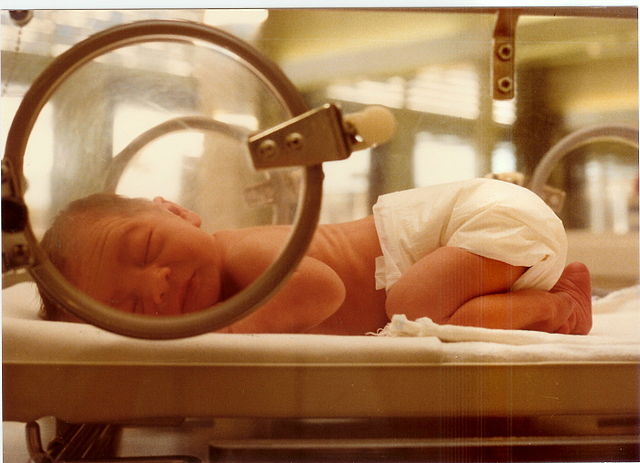Premature babies are more likely to grow up anxious, according to study

Premature or very underweight babies are more likely to grow up having social difficulties, a new study finds. These babies face an increased risk of being neurotic, introverted, and unwilling to take risks as they mature.
According to the new findings, which were published in the Archives of Disease in Childhood (Fetal & Neonatal Edition), babies who were delivered prematurely may suffer trauma from medical intervention, which can affect their brain development.
Furthermore, parents of preemies tend to worry more about their children, and as a result, the child grows up in an anxious home environment, The Telegraph reported.
According to Medical News Today, early research suggested that babies born less than 32 weeks or have very low birth weight are at risk for developing autistic spectrum behaviors.
It was also consistently exhibited that those who were born prematurely or severely underweight don't grow up as risk takers compared to those who were born full-term.
However, researchers from University of Warwick were uncertain whether being born premature or having low birth weight can affect other behaviors as adults.
To deep dive, researchers then studied 200 personalities of people born prematurely or were underweight as babies in 1985 to 1986, as part of a Bavarian Longitudinal Study, The Guardian reported. The 200 participants were compared to 197 others delivered full-term.
The study found that preemies or underweight babies had a high score in the introversion and neuroticism personality. These people were also more likely to develop autistic spectrum behaviors and were not risk takers.
On the bright side, these babies will grow up with less alcohol and smoking tendencies, said study lead author, Professor Dieter Wolke, as noted by The Guardian.
Despite the findings, Wolke said that the participants had varying personality traits and "it doesn't predict the individual."
He suggested that if personality is identified early, parents of preemies and underweight babies could learn techniques that can help develop their children's social skills so they won't grow up to be socially withdrawn.











